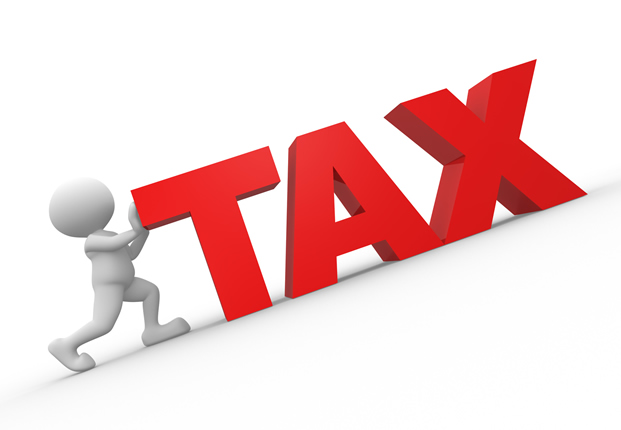In order to increase its revenue base, the Federal Government plans to impose an excise fee (VAT) on communications services.
It made this disclosure in its recently published Fiscal Strategy Paper and Medium-Term Expenditure Framework for 2024–2026.
The application of a 5% excise duty tax on telecom services was suspended by an executive order signed by President Bola Tinubu in July, it should be remembered.
Read Also: Senate Justifies Procurement Of 360 SUVs For Lawmakers
However, the full application of the excise duty on telecoms was listed as one of the ways the government will use to boost the collection of customs revenue in the new economic framework for 2024–2026.
The government, in the paper, noted that it would implement these strategies even though some of them were recently suspended.
It said, “The following strategies will be implemented to improve Customs revenue collections over the period 2024-2026, despite the fact that some of them have been recently suspended.
“Full implementation of excise duty on Telecommunication Services in line with the presidential approval published in Official Gazette No. 88 Vol. 109 of 11th May 22 as conveyed vide Finance Act, 2023. This is expected to grow excise revenue significantly and enhance budgetary performance.”
Also, the government hinted that it may raise Value Added Tax rates from 7.5 per cent in the medium term. This would probably be to 15 per cent as the International Monetary Fund had over the time advised.
The Federal Government said, “The VAT projections over the medium-term are based on holding the rate at 7.5 per cent. Raising the VAT rate however remains a policy option for government to keep in view over the medium term.”
Raising VAT rate may not be an immediate concern of the government as it said it would intensify efforts at improving VAT coverage and collection efficiency.
It explained, “In the medium term, government will intensify efforts aimed at improving VAT coverage and collection efficiency.
“Wider coverage and improved collection efficiency will be achieved through nationwide VAT registration and monitoring, and deployment of ICT (auto-collect) platforms in more sectors of the economy. In addition, the technology solution for deduction and remittance of VAT and WHT from State Government contract payments is to be deployed in all the 36 states.”

